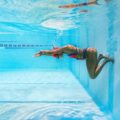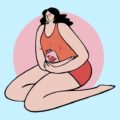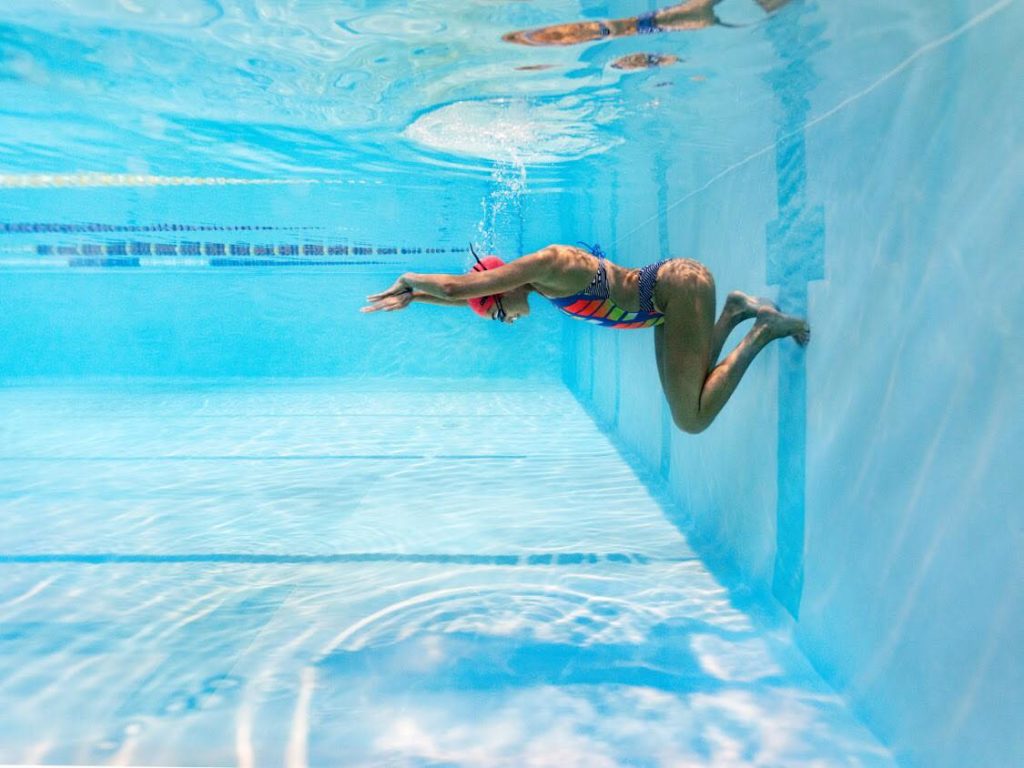
Wham met up with female swimmer Nikki Muscat: a young woman who is passionate about swimming. Despite setbacks she encountered as a female swimmer in the past, she has become an inspirational resilient strong woman who is determined to reach her life goals.
Francesca: I know you participated in the London and Rio Olympics in 2012 and 2016 respectively – that must have been a dream come true…tell us a bit about how you got there and what it was like
When I was 6 and had already been swimming for 2 years, I watched the Maltese Olympic contingent walk out at the 1996 Atlanta Opening Ceremony. I remember whirling around in full-blown excitement to tell my parents that I wanted to be there when I grew up. I guess that’s where my journey truly started because this memory has been imprinted within my mind ever since then and the ‘goal’ of becoming a professional female swimmer was created very early-on in my career.
I was training twice a day by the age of 12. My days started at 05:00am with morning swim practice and ended with a second 2-hour session after school hours. A year later, I qualified and competed at my first Small Nations Games (GSSE) and two years later, I landed a bronze medal at the next Games. These years brought me the adrenaline rushes and extreme highs of redeeming all the hard work for a number of Age Group and National records, international competitions and medals.
The sport I loved most also brought along with it the lowest points of my life. I wish it were not so, but these moments of despair were directly related to severe injustice in sport. The recurring events made my goals feel impossible to achieve at the time.
Many times, I questioned why I chose to put myself through the immense pain that comes with systemic corruption and continuous bullying which put my years of gruesome hard work to waste.
On one occasion, my parents were spat at and another resulted in lawyers being present where my brother and I were severely discriminated against, denied the opportunity to compete at GSSE (2015) two days prior to our departure date, with the potential to win a silver medal for Malta. On the day of our scheduled departure, I woke up to find a photo of my face laid out over a newspaper article full of lies and claims aimed at ridiculing my brother and me. On top of this, we were also warned that if we were to speak to the media about anything happening in the sport, we would be automatically disqualified from any event.
At this point, my brother, who I can easily claim was a better athlete than I was, chose to walk away from the sport. This period taught me that no matter how hard you work in life, things may still not go your way. I was also witness to the fact that life can be cruelly unfair.
A few weeks later, I embraced this reality, turned my deep sadness into rage and allowed it to fuel me. I raced for my brother and this was the race that would carry me to the Rio Olympic Games the year after.
Even though I was clocking a minimum of 22 hours of training a week, the preparation towards the Rio Olympic Games was more mentally and emotionally taxing than it was physical. After the Games ended, I decided I needed an indefinite break and did not think I would ever return to competing.
My experiences within and outside the sport have made me stronger than I ever thought I could be. I truly believe that we do not know how strong we are until we have to be. My time away from the sport lasted 3 years. I am back to the sport with resilient strength and with the undying hope that humanity can be and can do better. I refuse to believe the worst in people and I intend to set an example to younger generations by urging them to always follow their dreams, whatever they might be. Good will always reign and hard work will pay off in the end.
I have been training twice a day with eyes set on the next two Olympic Games. Hopefully competitions can be opened to the public soon and anyone interested can watch us race once again.
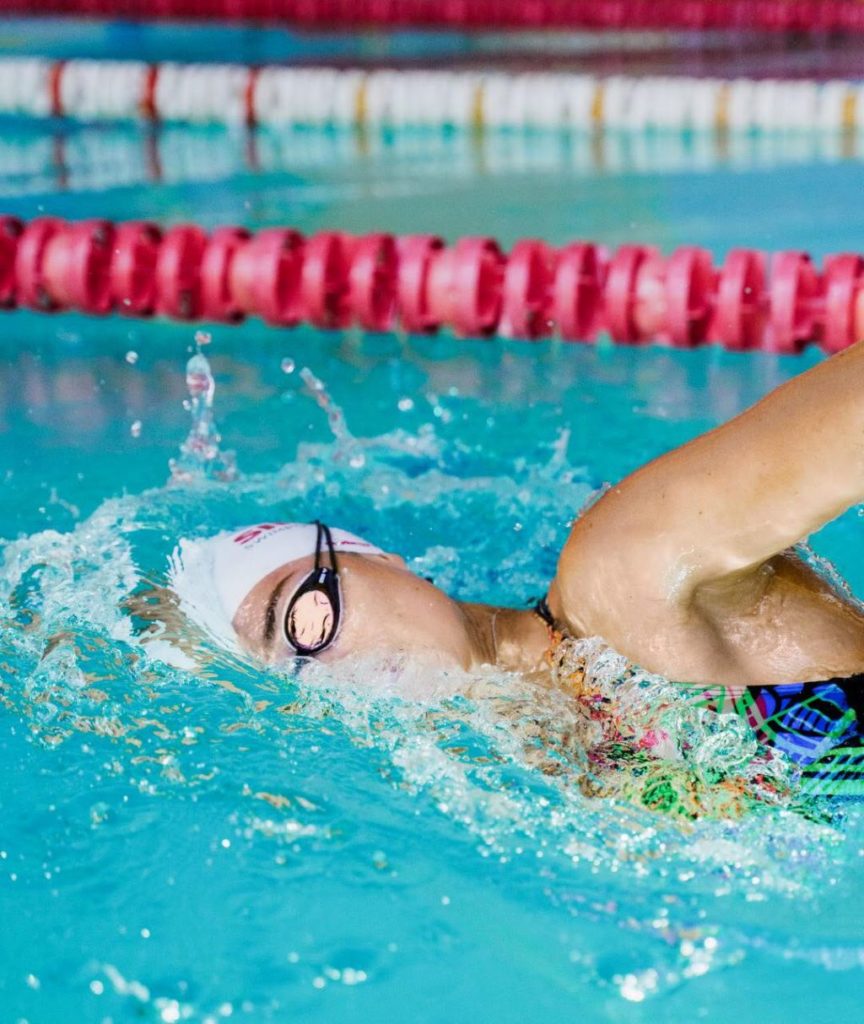
Francesca: How old were you when you started swimming? Was it something you wanted to do or did your parents sort of push you into it or was it your choice?
As soon as I turned 4, my parents made it very clear that I needed to be physically active and they both allowed me to try out and choose whichever sport enticed me. I tried everything from athletics, to gymnastics, ballet and ball sports. I remember feeling bored throughout all of them, which is ironic because many people believe swimming is a boring sport.
One day my mother came across an advert in the newspaper and casually asked whether I would be interested in trying out swimming. I recall an urge to try different things. It was a ‘love at first swim’ kind of thing.
Initially, my parents wanted me to be physically active for health reasons but certainly not for competitive reasons. In fact, throughout my childhood and early teens, the most common punishment enforced by parents was ‘or else, no swimming!’.
However my parents’ mindset quickly changed as soon as they realised how seriously I felt about the sport. They believed I could balance education and sport if I truly wanted to and this belief is ingrained in my day-to-day life now.
Francesca: How old are you now and how often do you currently train as a professional female swimmer, where do you train and who is your coach?
I am now 26 years old and currently training towards qualifying for the Tokyo 2020(+1) Olympics and after that, hopefully the Paris 2024 Games. Our training regime consists of practice twice a day except for Sundays. We swim at the National Pool and work closely with the team’s strength and conditioning coach in the gym too.
My coaches at our club, Sirens ASC, are one of the reasons I have chosen to invest so much of my time into the sport yet again. Grant Kritzinger and Delon Dannhauser are from South Africa and have both coached Olympic Medallists. They have brought new expertise to Malta and are changing the game especially for younger upcoming athletes. Grant and Delon lead our swim programs whilst Edward Bonello is the physiotherapist who also builds us up in the gym.
Francesca: The Olympics are meant to be happening next year – have you qualified – how does that work?
This is the first time ever in history that the Olympic Games have been postponed, and for good reason. If it were any other year in the lead up to the Games, we would currently be traveling to various competitions around the world doing our best to qualify. Due to various restrictions associated with COVID-19, we do not yet have any official travel plan. However this problem is being faced internationally. We will have far less opportunities to race and attempt qualification in the lead up to the Tokyo however we are extremely lucky to still be able to prepare and have great coaches urging for us to compete whilst abiding with health precautions during this period.
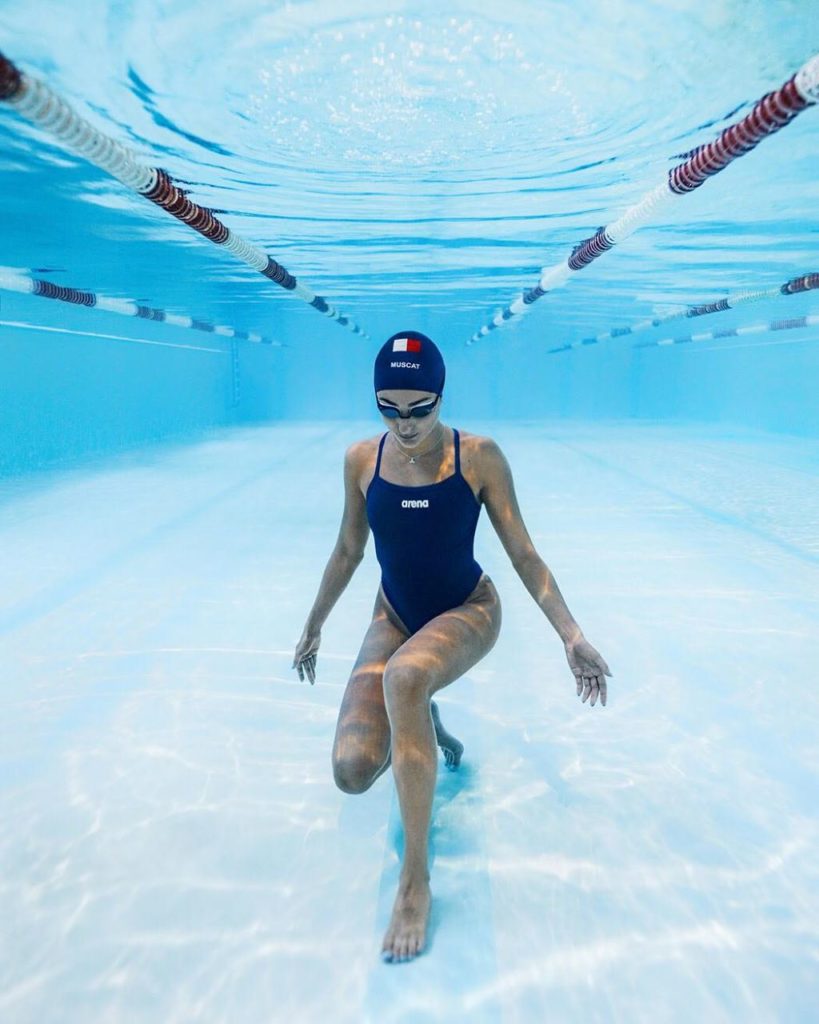
Francesca: Do you have a life outside of swimming and what is it you love doing when not training?
After my time as a nurse at Mater Dei Hospital came to an end last year, I founded a start-up called Alka Ocean Products. It is based in Malta which focuses on the cultivation, development and utilisation of local algae. I had never considered business to be a potential route for myself but my ethos and deep urge to protect anything that cannot protect itself aligned to the realisation that it is one of the elements that can bring about true change. Once I delved into it a bit further, I was surprised to discover I love business and everything that comes with leadership roles.
In fact, I also launched my own brand called Nikki Nutrition during the COVID lockdown this year. Through this I’ve made meal guides readily available to all, limiting the gap between knowledge and practice in the industry. In addition, Nikki Nutrition provides workout guides and consultations within the industry. This is only the start of my vision for this brand and the same applies for Alka. I also love teaching swimming and have been coaching for over 10 years where I provide individualised swimming lessons catered to all levels.
My history as a female swimmer has instilled the activist in me and I’ve recognised that our voices are our strongest assets. Apart from the emphasis on swimming and environmental issues, I am redirecting my use of social media platforms to fight against discrimination and raising awareness about the challenges faced by minority groups and communities. I strive towards a future where I can implement my voice better in making change happen now before it is too late.
Since Sundays are my only day off, these are usually dedicated to being in my happy place; the sea. As anyone who follows me on Instagram knows, freediving is another deep passion of mine and I will pursue it even further once my time in swimming is over. There is nothing in this world that slows down my fast-paced lifestyle as well as holding my breath at depth. On the other hand, if I’m craving the ‘Christmas morning’ feeling, you’ll sometimes find me attempting to catch and surf a few waves with friends. If I am to be completely honest, I struggle to feel as though I am doing enough with my time in spite of rarely having time for myself or my friends recently.
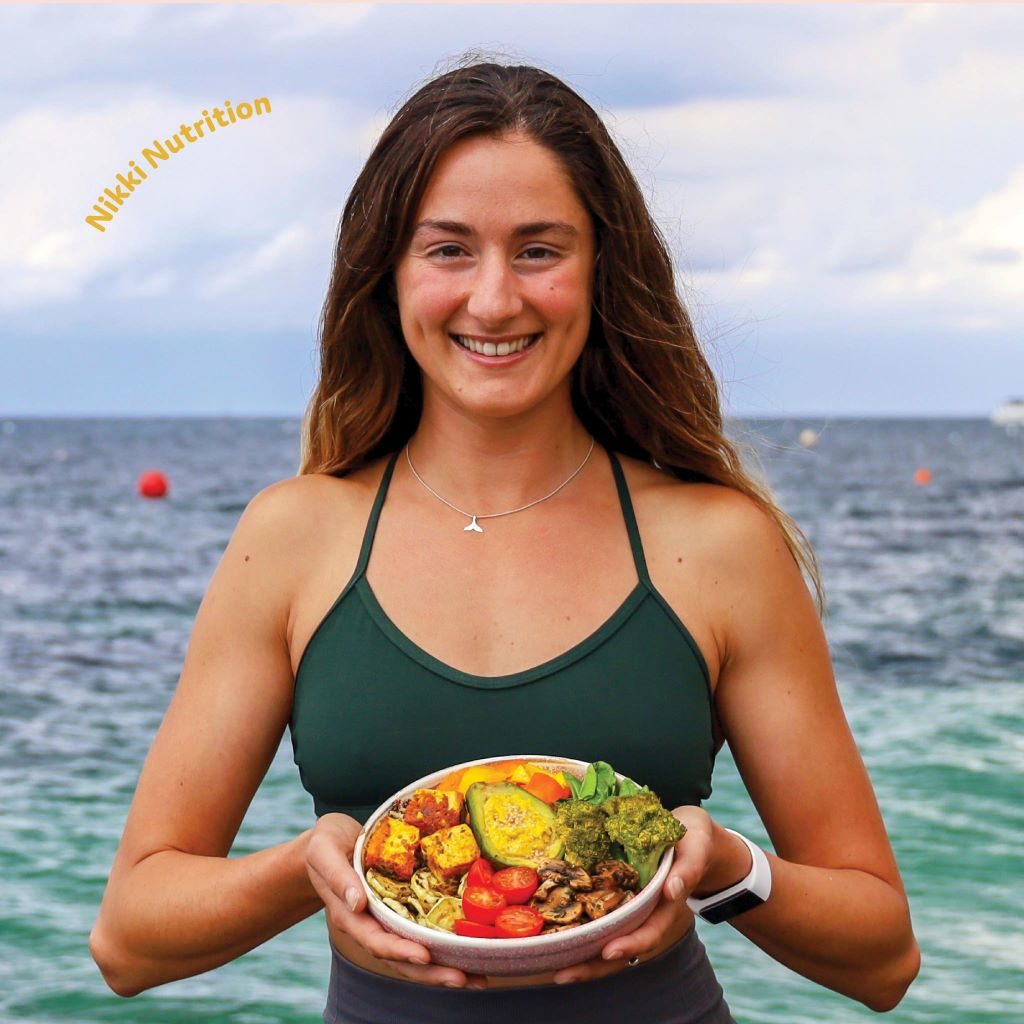
Francesca: I heard in an interview that you have a family history of scoliosis – how does swimming help and what should other families know in this regard?
Severe scoliosis may result in the need for surgery and being a doctor, my dad was aware of this. Given our family history, he foresaw my scoliosis diagnosis and emphasised the need for sport early-on.
Swimming is a significantly low-impact sport when compared to a sport such as running. Apart from this, it is a ‘full body’ sport where the all muscles are relatively engaged. It conditions and strengthens muscles in the core and back which minimise pain caused by muscle imbalance. My back is a few degrees short of recommended surgery. We can never be certain of this but I still believe that swimming changed my life.
Francesca: As a woman myself – I’m always interested in how our periods affect sports women. I know it must create extra issues that males will never have to worry about. How do you cope with this as a female swimmer – did you ever feel like – why do I have to also deal with this or have you found a solution to this “problem”?
I have actually had quite a strange experience when it comes to regular menstruation. Up until I was 24 years old, I never had a naturally occurring regular period. It would happen approximately once a year and would sometimes last up to an entire month. Something was seriously wrong and this is usually accompanied by the modern medicine approach of standard medication. I had been suffering from irritable bowel syndrome and amenorrhea since 2008. Unfortunately, although multiple doctors ran tests and provided me with the best care, medication only aggravated my symptoms. This all happened whilst I was training towards my first and second Olympic Games.
When all possibilities by modern medicine were exhausted, I resorted to my own personal research. This lasted a long number of years and also resulted in Nikki Nutrition. The outcome is a regular period for the last two years and a completely absent preceding irritable bowel syndrome. However an irregular period through puberty may result in underdeveloped bone density, which is what I experienced later on.
Due to the lack of it and issues surrounding this, I am now grateful for my period. I can rest assured I am healthy and as strong as I can be; for myself and for the sport. I acknowledge that there will be very hard days and others where the last thing I want to do is practice, but I keep reminding myself that the ability to do any of this, is a privilege in itself.
Francesca: What would you advise to another female swimmer going to a swimming lesson with her period – do you have any tips to share?
After having dealt with period that lasted weeks on end, I actually have found the menstrual cup to work wonders. I sometimes forget I’m on and have to remind myself to go to the bathroom! There are no more worries related to strings hanging out or pads needing to be removed beforehand. The cup has a secured fit and will not become dislodged during physical activity. I have never missed a single swimming or gym session because of my period. I guess my advice to every female swimmer and all athletic girls is that we should all listen to our bodies and acknowledge that there might be training sessions where we do not perform well, and this is completely okay. But I would like to remind every girl reading this, that we can do anything a man can, also whilst bleeding.
Francesca: Is swimming an expensive sport to take up or is it available and open to all? How does one get into taking up swimming seriously especially if their parents might not be able to afford swimming lessons?
There are a range of possibilities starting with one-to-one sessions and bigger club lessons which are on the more affordable end of the spectrum. It’s not a particularly expensive sport as it’s mostly training expenses related to coach or club fees. Moreover, if one is serious about the sport and can prove their ability in competition, the sport now helps fund traveling expenses associated with competitions and scheduled training camps.
Below, female swimmer Nikki is sharing with us the BEST banana bread she’s ever made! Try it out…and if you like the idea of nutritious healthy food check out her Facebook page Nikki Nutrition!
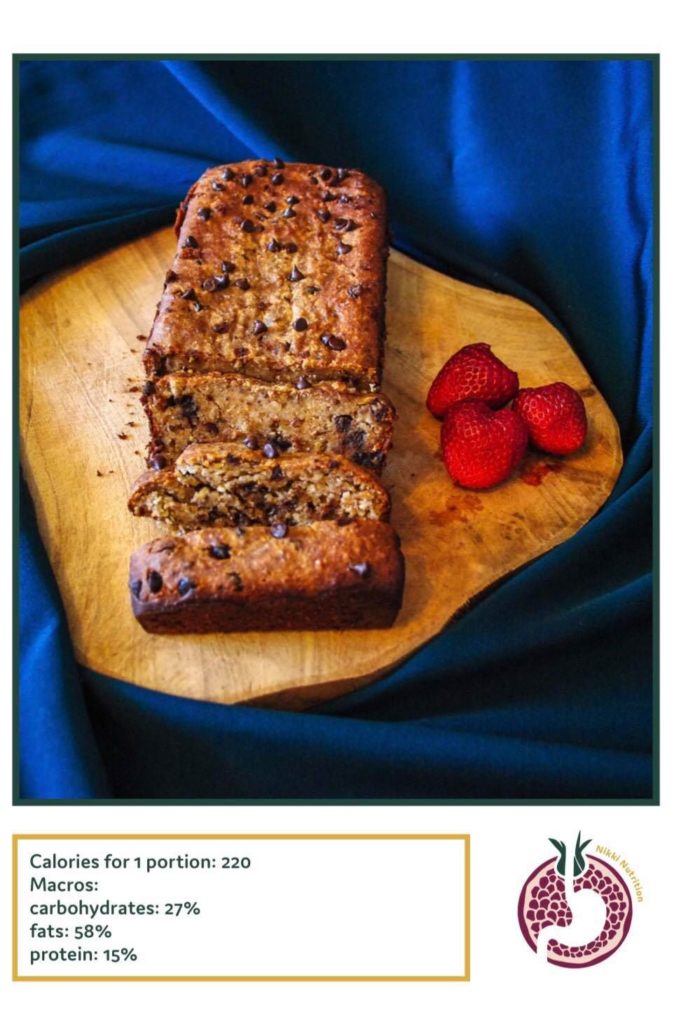
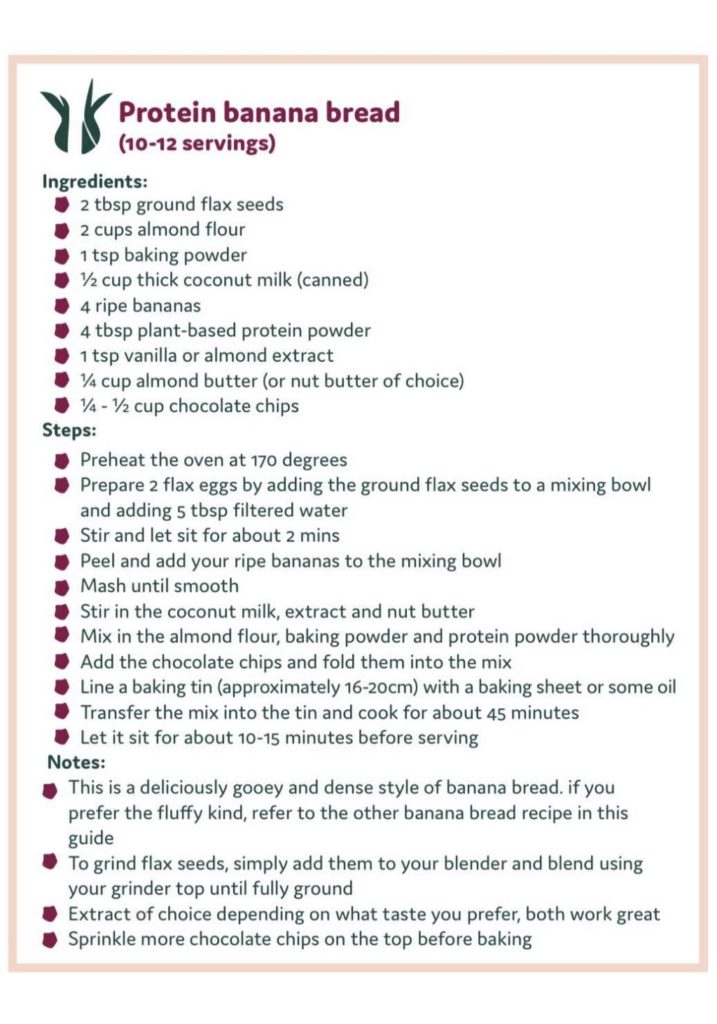
Are you a professional female swimmer too? Contact us or email us at [email protected] and share your passion with our readers.
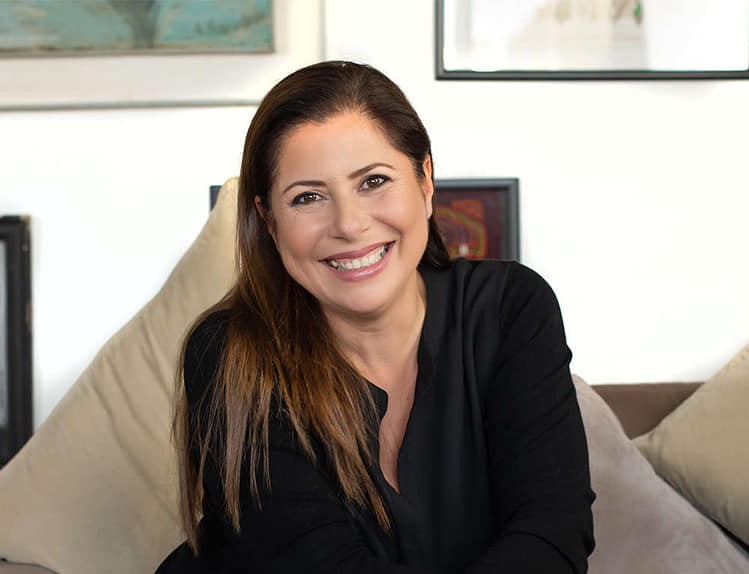
Francesca Fenech Conti is passionate about social issues and has a BA in Social Policy. She is the Founder and creator of the women only facebook group Women for Women (Malta) and the Women for Women Foundation that works hand in hand with other NGOs and businesses to empower and support women, especially single mothers.
Francesca recently also launched Wham.com.mt to provide a much needed space on the local media scene to promote women’s voices and to provide women with a source of information regarding their general wellbeing.
Click here to check out Francesca’s full bio as well as a list of all her Wham published articles

